China is embracing Facebook in a big way, but as it turns out, not the way founder Mark Zuckerberg has been working so hard for.
Since Facebook was banned in China in 2009, he has not stopped his charm offensive trying to get back into the world largest market.
He has read Chinese president Xi Jinping’s latest book and recommends it to his employees. He’s trying publicly to master Mandarin. He reportedly even once asked president Xi for a baby name suggestion.
He has also jogged in Tiananmen Square, worked on censorship tools with the aim of appealing to the Chinese government, and also tried a photo-sharing app “Colorful Balloons” that doesn’t bear its name, but to no avail.
So far, there are no signs that the Chinese government will be relaxing the access to the popular social networking website in the country, but it is using the exact same platform it banned domestically to promote a positive image of the country to the US and other parts of the world.
Using Facebook to reach a global audience
According to The New York Times (NYT), the Chinese government, via its state media agencies, spends hundreds of thousands of dollars to buy Facebook ads every quarter.
While China’s propaganda channels on Facebook are not nearly as subtle as Russian groups when it comes to influencing opinion, their techniques are nonetheless telling.
This was what NYT's report said:
Rather than divisive advertisements, many of the Chinese Facebook posts replicate the sort of news propaganda delivered at home: articles stressing China’s stability and prosperity mixed with posts highlighting chaos and violence in the rest of the world.
A similar blend of stories — pandas and idyllic Chinese landscapes next to heavy coverage of the mass shooting in Texas — has proliferated across China’s official Facebook channels in the lead-up to President Trump’s visit to Beijing, which began on Wednesday.
While much of it is unlikely to sway the average American’s mind, such posts reach people across the world, many of whom are newer to the internet and may have a less sophisticated understanding of media. China’s state media has Facebook channels dedicated to Africa and other regions of the world, and it seems evident that it is offering itself as an alternative to the Western media for a more global audience.
[related_story]
Criticising the US
One example is a video posted by Xinhua news agency that started out by presenting a series of man-on-the-street interviews with Chinese people talking about the US, but then evolved into cuts of people criticising the US for arrogance and meddling.
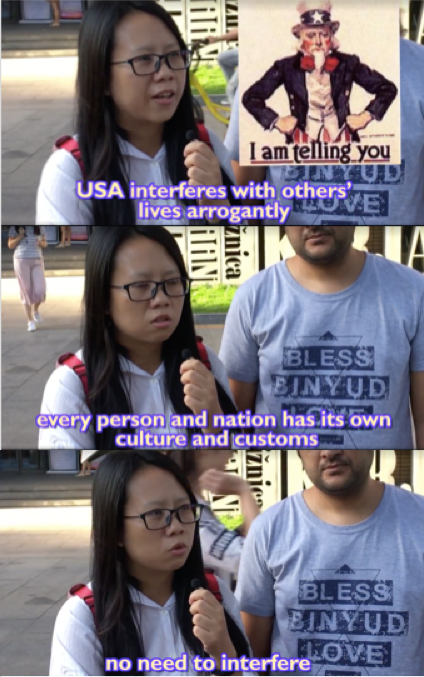 Screenshot via Facebook.
Screenshot via Facebook.
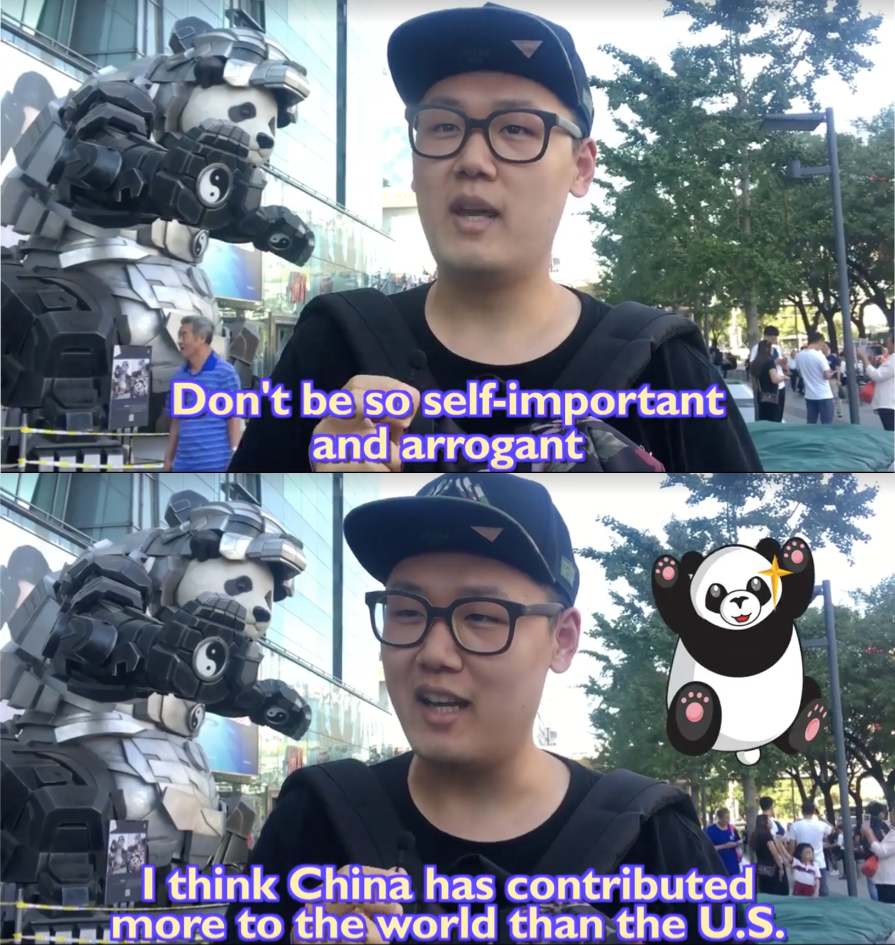 Screenshot via Facebook.
Screenshot via Facebook.
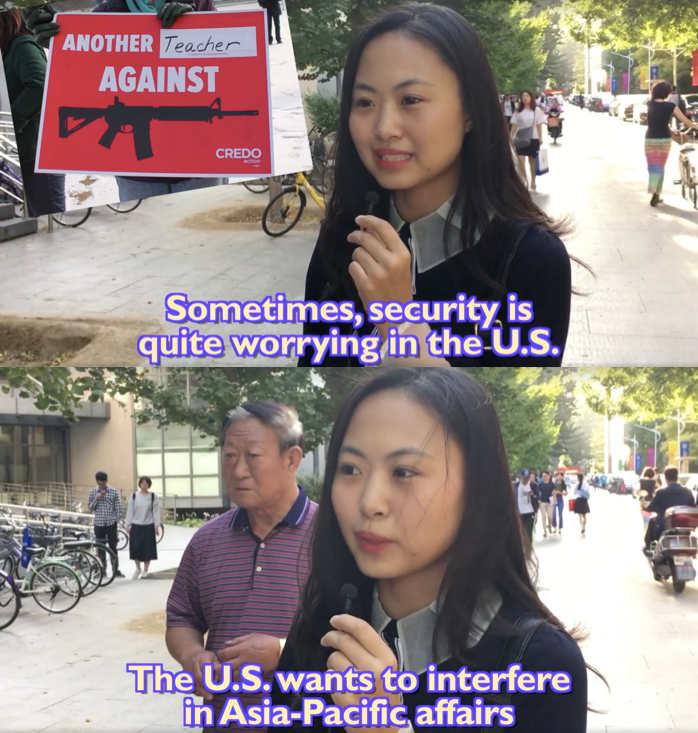 Screenshot via Facebook.
Screenshot via Facebook.
Even Chinese kids have an opinion about Uncle Sam.
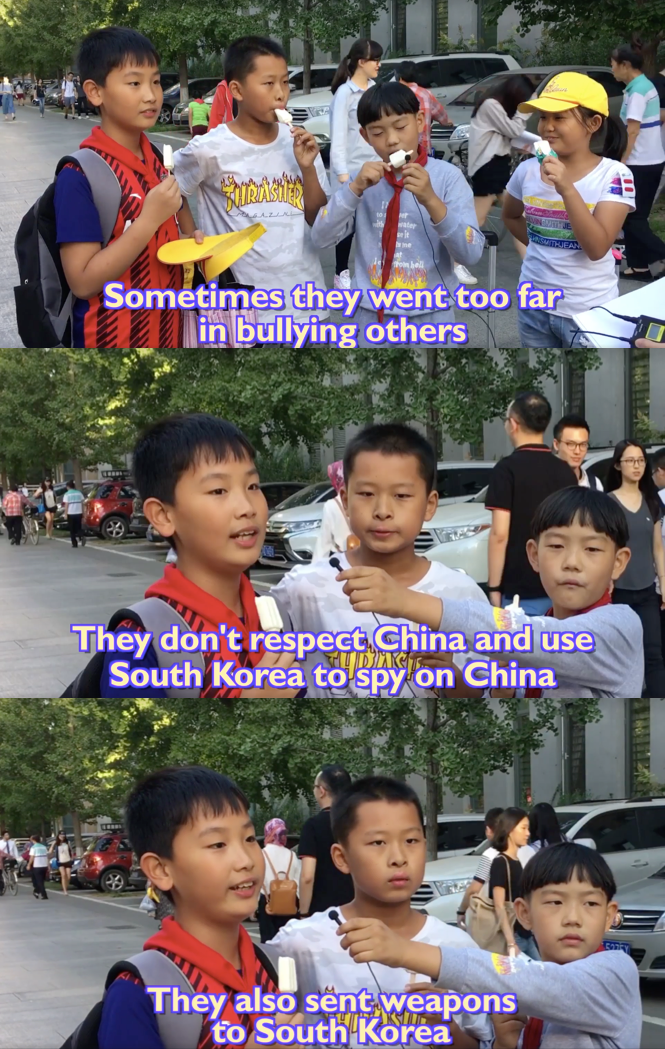 Screenshot via Facebook.
Screenshot via Facebook.
Chinese Platforms looking to expand beyond China
China has been in the headlines a couple of other times recently for its influence on American media companies. Its news (and other content) platform Toutiao tried to buy Reddit last year. (Toutiao is a US$20 billion company.) China’s Tencent — maker of messaging giant WeChat — took a 12 percent stake in Snap, parent company of Snapchat.
Unlike Facebook who face obstacles in China, Chinese platforms so far have not been subjected to any restrictions in the US, and it certainly looks like they are set to expand beyond China.
Top image via Getty Images and Facebook.
If you like what you read, follow us on Facebook, Instagram, Twitter and Telegram to get the latest updates.
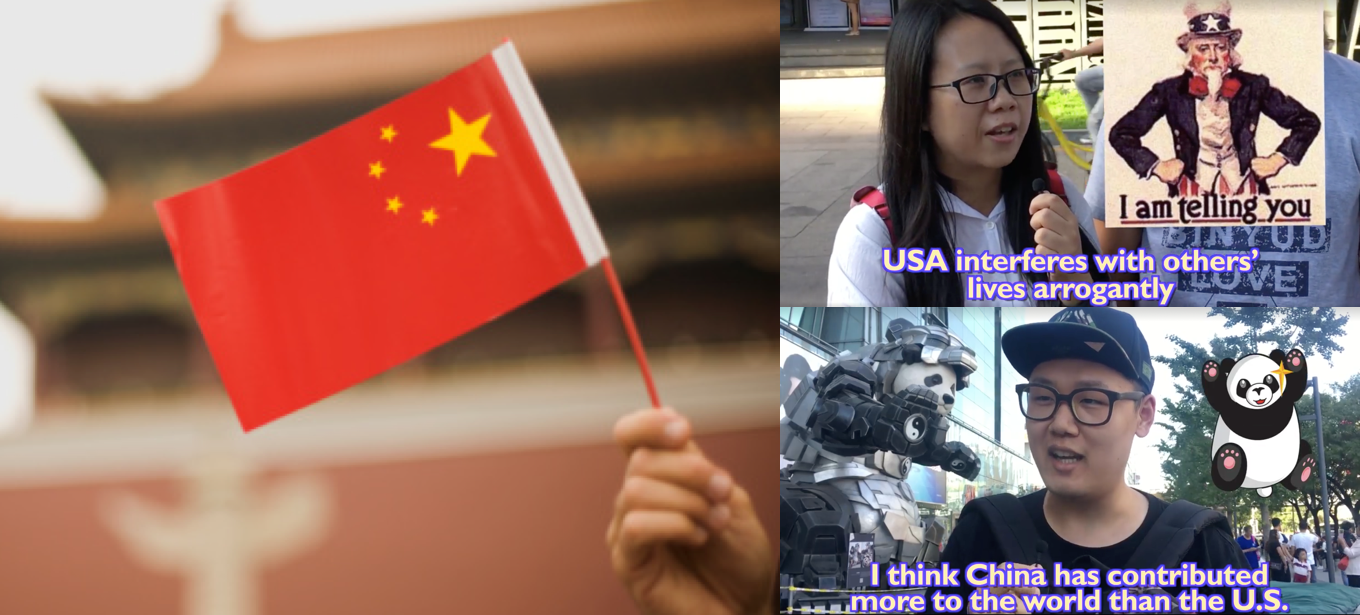
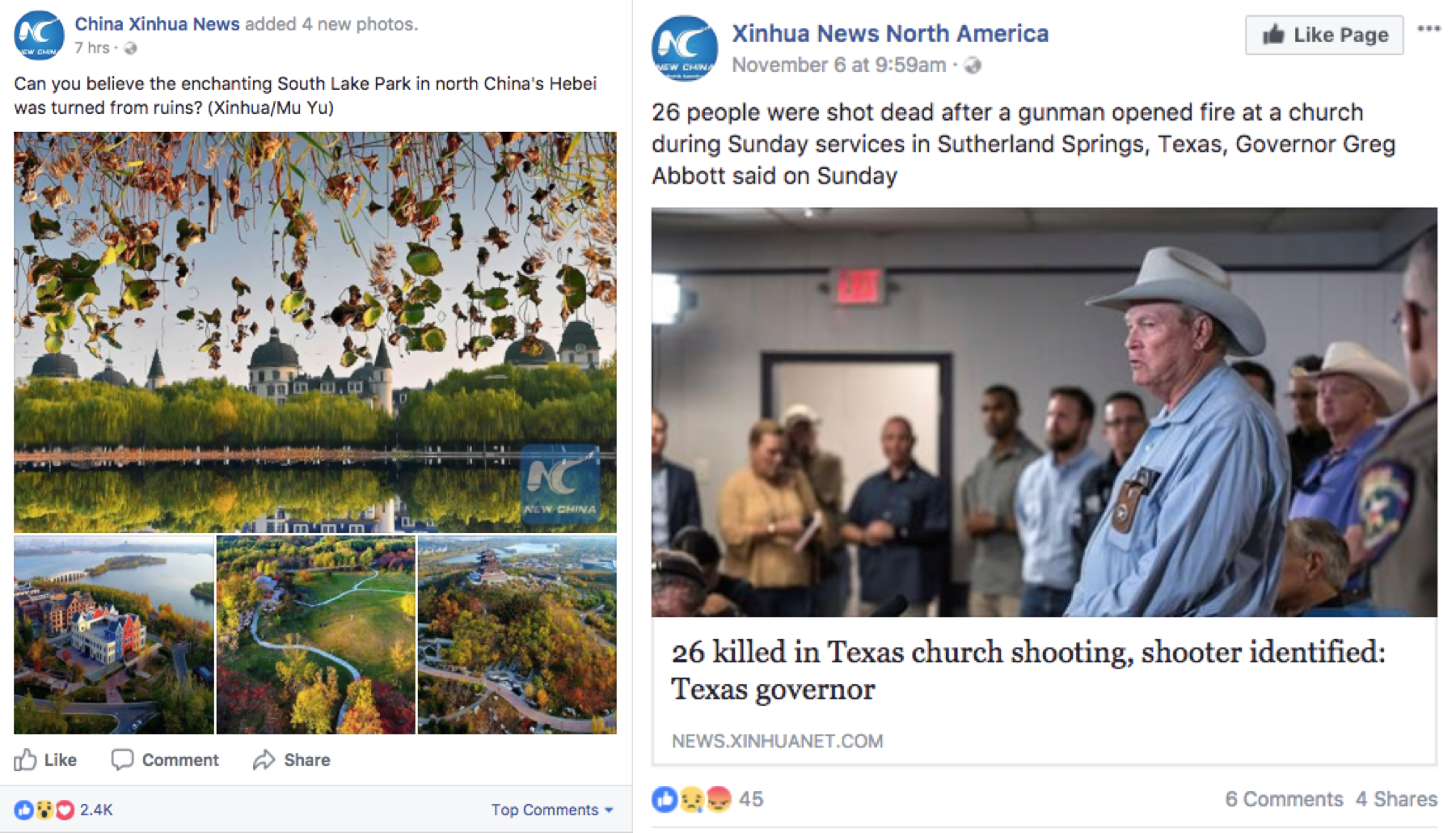 Screenshot via
Screenshot via 
